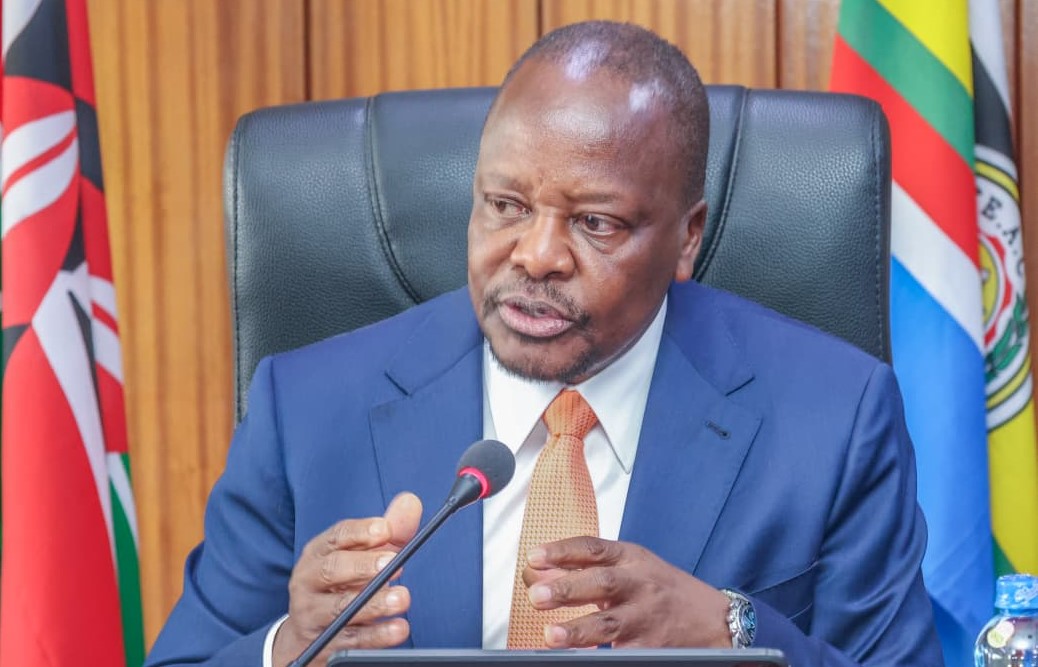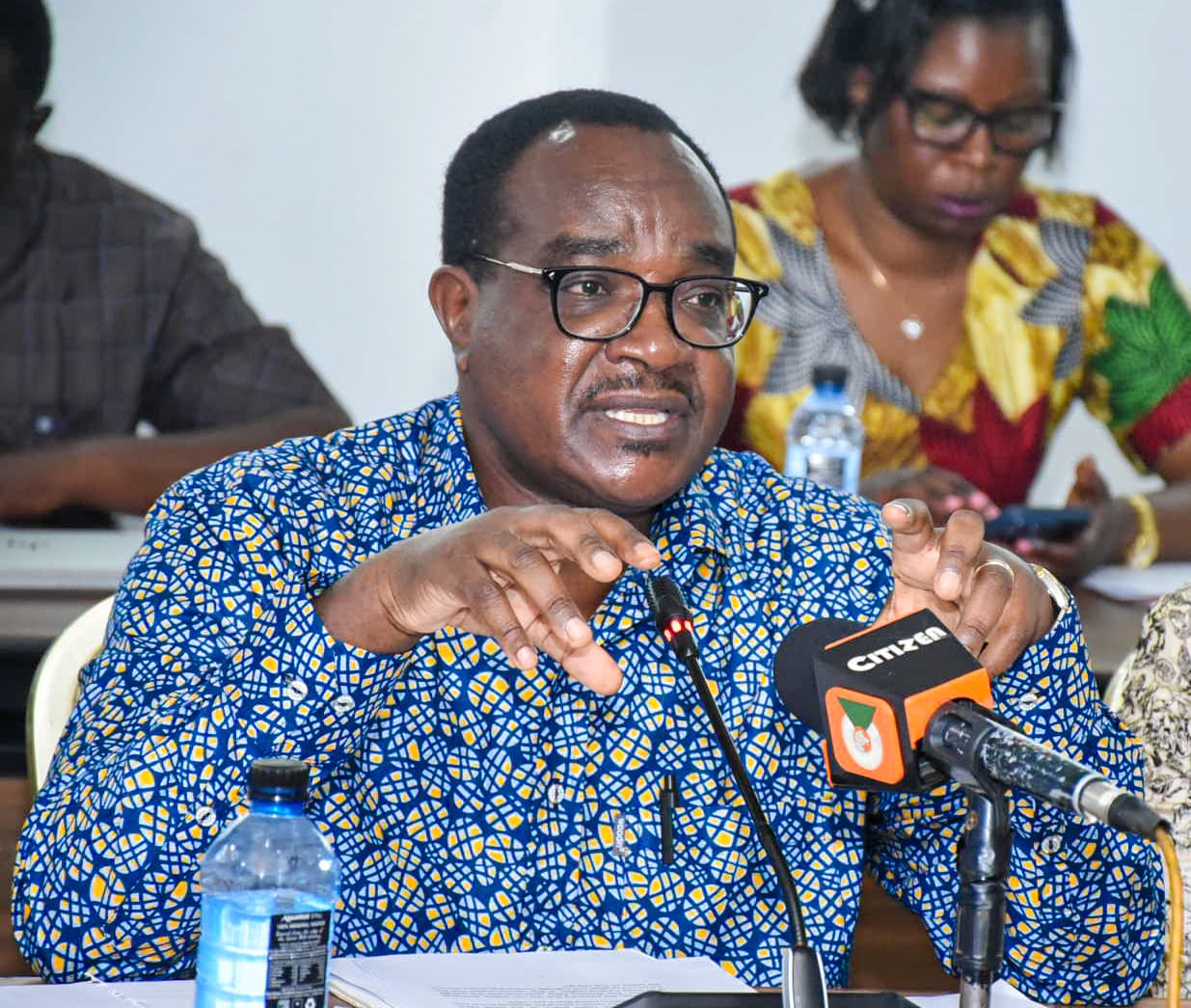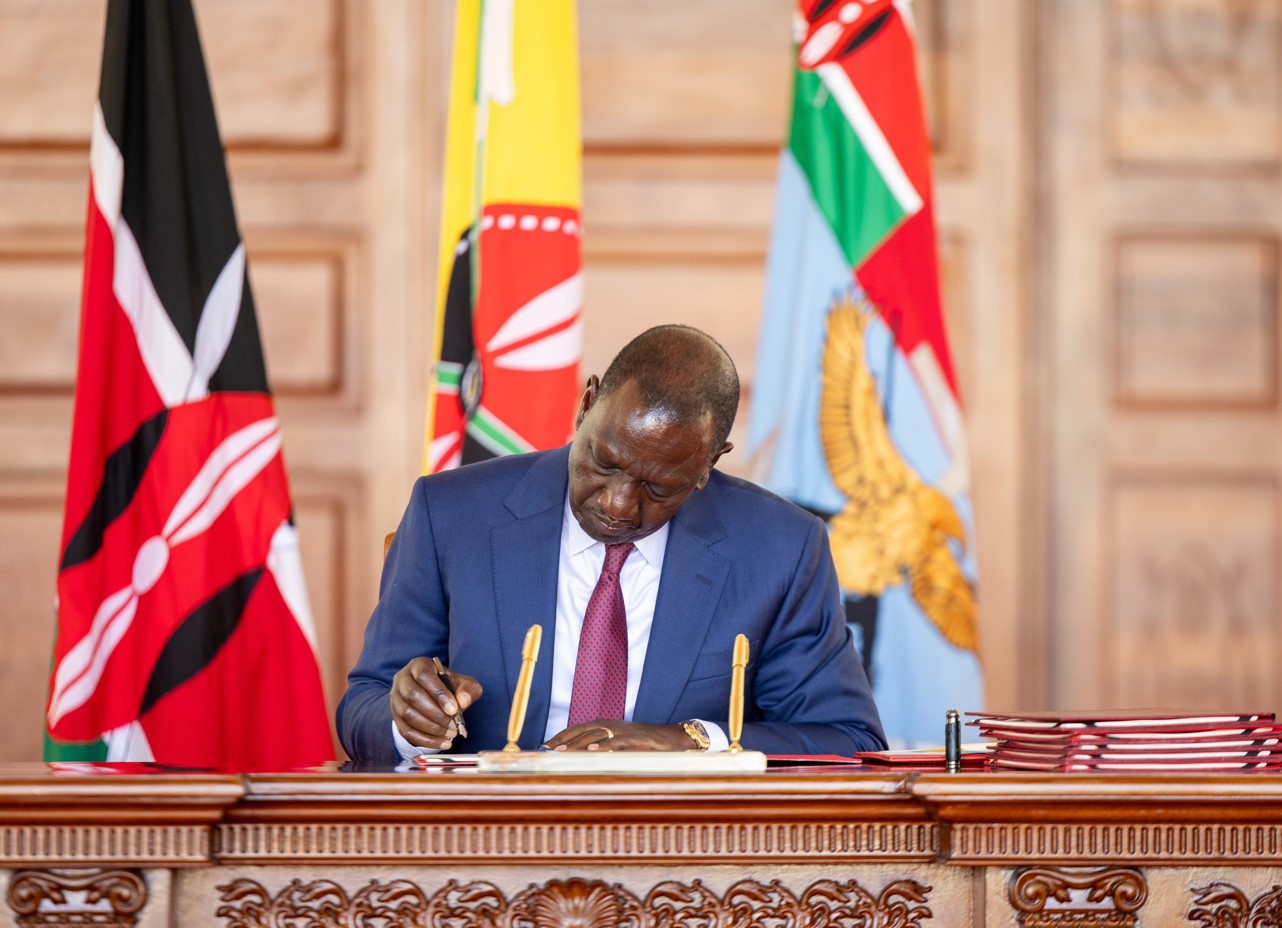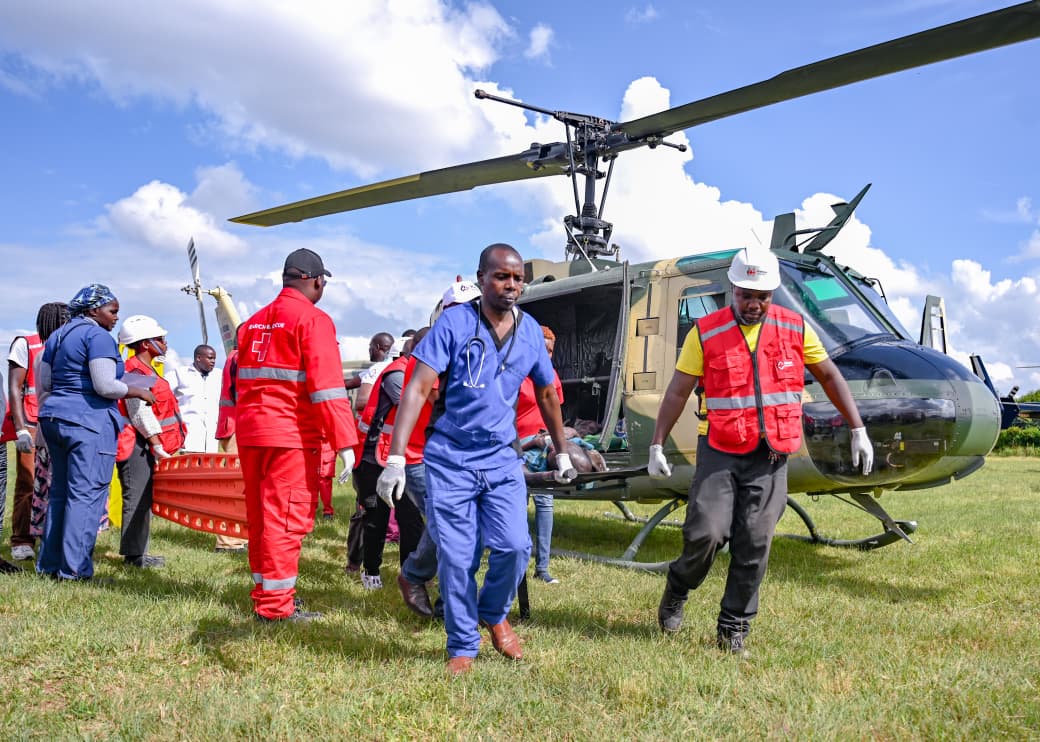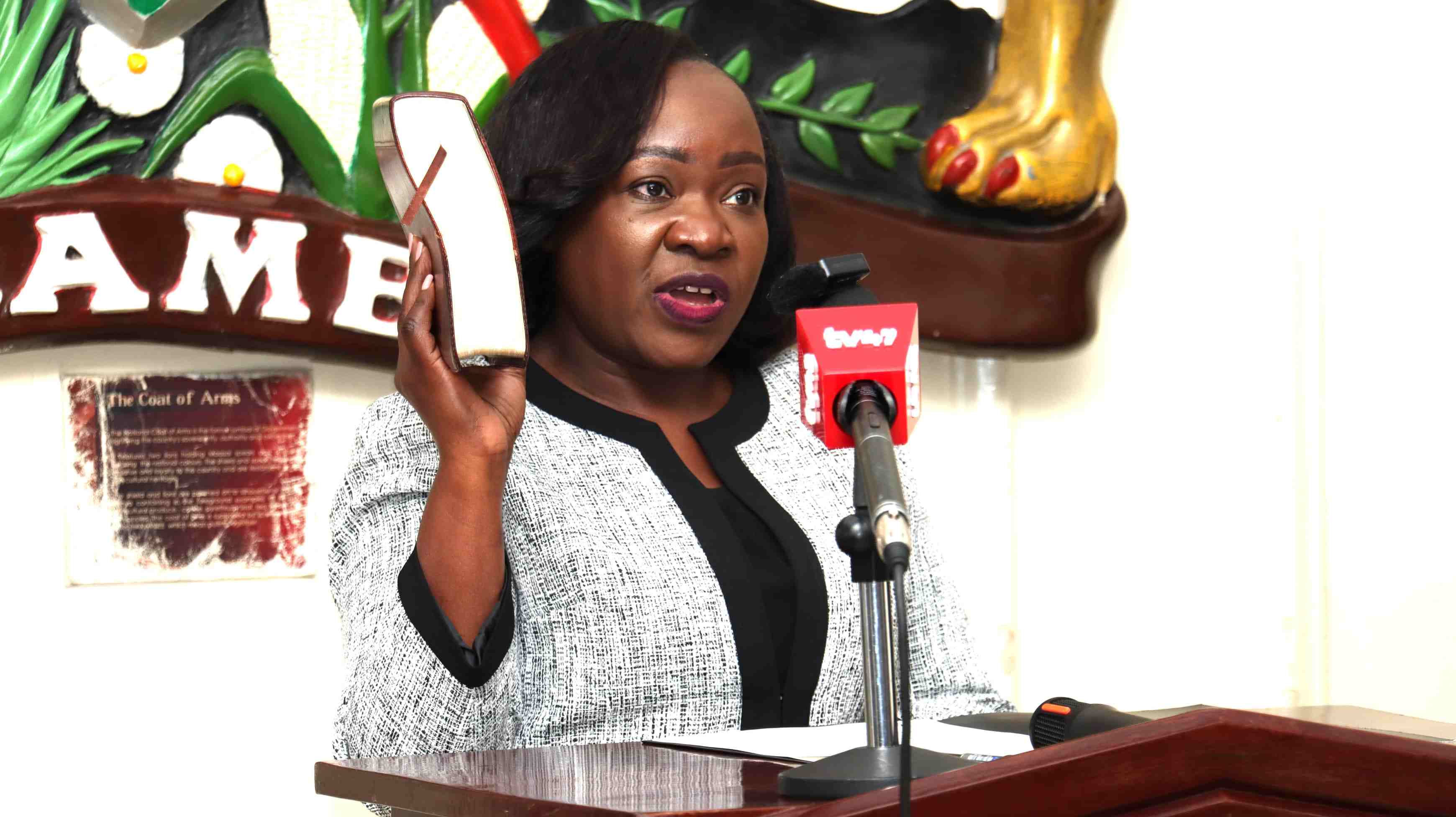Marine research centre launched in Malindi to boost coastal conservation
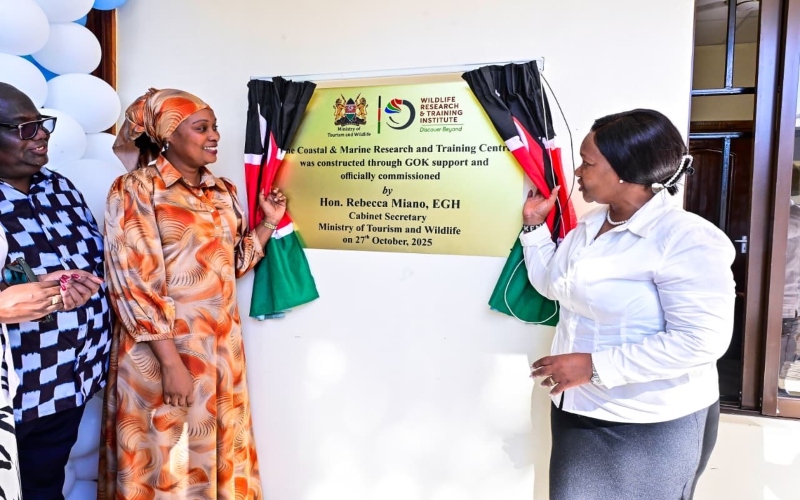
Officials say the centre will serve as a critical hub for addressing the decline of coastal wildlife while creating opportunities for local communities to benefit from sustainable resource management.
Kenya has inaugurated a Marine Research and Training Centre in Malindi, Kilifi County, aiming to strengthen the protection of the country’s fragile coastline, which currently covers less than one per cent under conservation.
The new facility enhances scientific research, promotes conservation education, and fosters community participation in protecting marine biodiversity.
More To Read
- Blame game as Kilifi County, Coast Water Works Agency clash over water shortage
- Six medical staff, Kilifi clinic charged with defrauding SHA of over Sh2 million
- Kilifi teacher arrested after pupil dies from alleged corporal punishment
- Another pastor arrested in Kilifi as authorities crack down on rogue preachers
- Kilifi suspends charity’s school feeding programme after pupils made to recite Hindu prayers
- Kenya’s fish output grows to Sh39 billion despite Lake Victoria slowdown
Officials say the centre will serve as a critical hub for addressing the decline of coastal wildlife while creating opportunities for local communities to benefit from sustainable resource management.
Tourism and Wildlife Cabinet Secretary Rebecca Miano, who officiated the opening, said the facility will support the preservation of marine life and enhance the country’s capacity to manage coastal resources. She stressed that working closely with communities and applying existing conservation policies would help build a wildlife economy that benefits all stakeholders.
“With policies now in place and community cooperation, we can build a sustainable wildlife economy that benefits all,” she said.
Operating under the Wildlife Research and Training Institute, the centre is set to become a regional leader in marine research, training, and biodiversity monitoring.
Experts highlight that the initiative will help counties develop locally-driven conservation projects while providing scientific data to guide policy decisions.
Dr Patrick Omondi, Director and CEO of WRTI, noted that collaboration with coastal communities is crucial, as the government can no longer unilaterally declare national reserves as was common after independence.
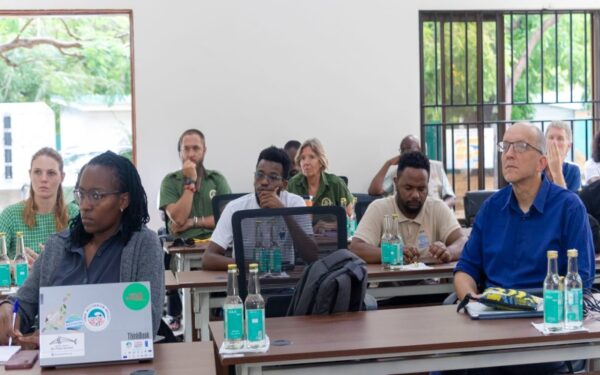 Delegates at the newly commissioned Coastal and Marine Research and Training Centre in Malindi. (Photo: Wildlife Research & Training Institute/X)
Delegates at the newly commissioned Coastal and Marine Research and Training Centre in Malindi. (Photo: Wildlife Research & Training Institute/X)
He said engaging locals is key to expanding protected areas and supporting livelihoods, with the goal of increasing coastal conservation to 30 percent in line with international targets set by the International Union for Conservation of Nature.
“Since the government can no longer declare national reserves as we did at independence, we must work with communities to expand protected areas and improve livelihoods,” he emphasised.
Kilifi Governor Gideon Mung’aro highlighted the importance of empowering residents to take advantage of tourism-related jobs, many of which are currently dominated by foreigners. He said training local youth could ensure they fully benefit from the coastal economy.
“In places like Malindi and Watamu, even tour guiding is dominated by foreigners. With proper training, our youth can take up these roles and benefit from the coastal economy,” he stated.
Dr Mohamed Omar, a lead researcher at the centre, outlined strategic priorities including reversing marine wildlife decline, building county-level conservation capacity, and increasing research in less-studied areas such as Lamu, Tana River, and Kwale.
He said the centre will provide knowledge, training, and technical support to strengthen conservation efforts along Kenya’s coastline.
Also present at the opening was Principal Secretary for Wildlife, Sylvia Museiya.
Top Stories Today

